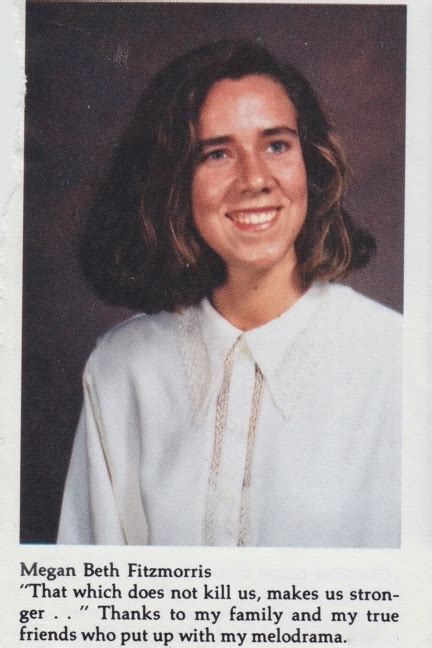A Quote by Donald Barthelme
As Jules Renard said, no matter how much care an author takes to write as few books as possible, there will be people who haven't heard of some of them.
Related Quotes
In terms of the economics, yes obviously the rise of e-books and how people choose to read books has a big effect on the economics of the game. But whether people are buying them on paper or downloading them there's still some poor wretch in a room who is trying to write a poem, write a story, write a novel. And so my job doesn't change. It's just how people receive it and economic conditions on the ground change, but that doesn't affect what I write.
I always write authors after I read their books. I've been doing it for years. I write a formal letter and send it to them in care of their agent. My mother always taught us to write thank you notes, and if an author puts themselves out there, they like to hear that their book connected with someone.
The reason why so few good books are written is, that so few people that can write know anything. In general an author has always lived in a room, has read books, has cultivated science, is acquainted with the style and sentiments of the best authors, but he is out of the way of employing his own eyes and ears. He has nothing to hear and nothing to see. His life is a vacuum.
[D]on't ever apologize to an author for buying something in paperback, or taking it out from a library (that's what they're there for. Use your library). Don't apologize to this author for buying books second hand, or getting them from bookcrossing or borrowing a friend's copy. What's important to me is that people read the books and enjoy them, and that, at some point in there, the book was bought by someone. And that people who like things, tell other people. The most important thing is that people read.
I think that surprisingly few people right now know much about [Buckminster] Fuller beyond the few really iconic points. He invented the geodesic dome and he coined the term "spaceship earth" and that's pretty much the extent of what people who even have heard of him know. And I'm struck by how many people have not heard of him at all.
You know how some people are upwardly mobile? I'm sort of downwardly mobile in the publishing world, because of my sales figures and also because of the kind of books I write. Everything really counts on sales. I started out with a bigger press, my first few books. But I've always done some things with independent and small presses and small magazines and I always will.
Once, in my father's bookshop, I heard a regular customer say that few things leave a deeper mark on a reader than the first book that finds its way into his heart. Those first images, the echo of words we think we have left behind, accompany us throughout our lives and sculpt a palace in our memory to which, sooner or later—no matter how many books we read, how many worlds we discover, or how much we learn or forget—we will return.
I do that a lot of authors still do not do is allow people to write directly to me. I get about 50 fan letters a day, and I answer every single one of them myself. It takes a lot of time and sometimes it's a pain in the neck and I answer the same questions over and over. But the truth is these people come to my readings clutching these letters saying, "You wrote me back. I can't believe you wrote me back", and I think it really means a lot for them to know that the author values them just as much as they value the author.
No author, I think, is deserving of much censure for vanity if, taking down one of his ten-year-old books, he exclaims: "Great heavens, did I write as well as that then?" for the implication always is that one does not write any longer so well and few are so envious as to censure the complacencies of an extinct volcano.
If it's possible, I will have some noodles in the morning and start talking to people, start to think about a few things in my head - the project or a few ideas which are not finished or if there are possible directions and what will lead into another game. It's always like setting up some kind of game you can continuously play.







































